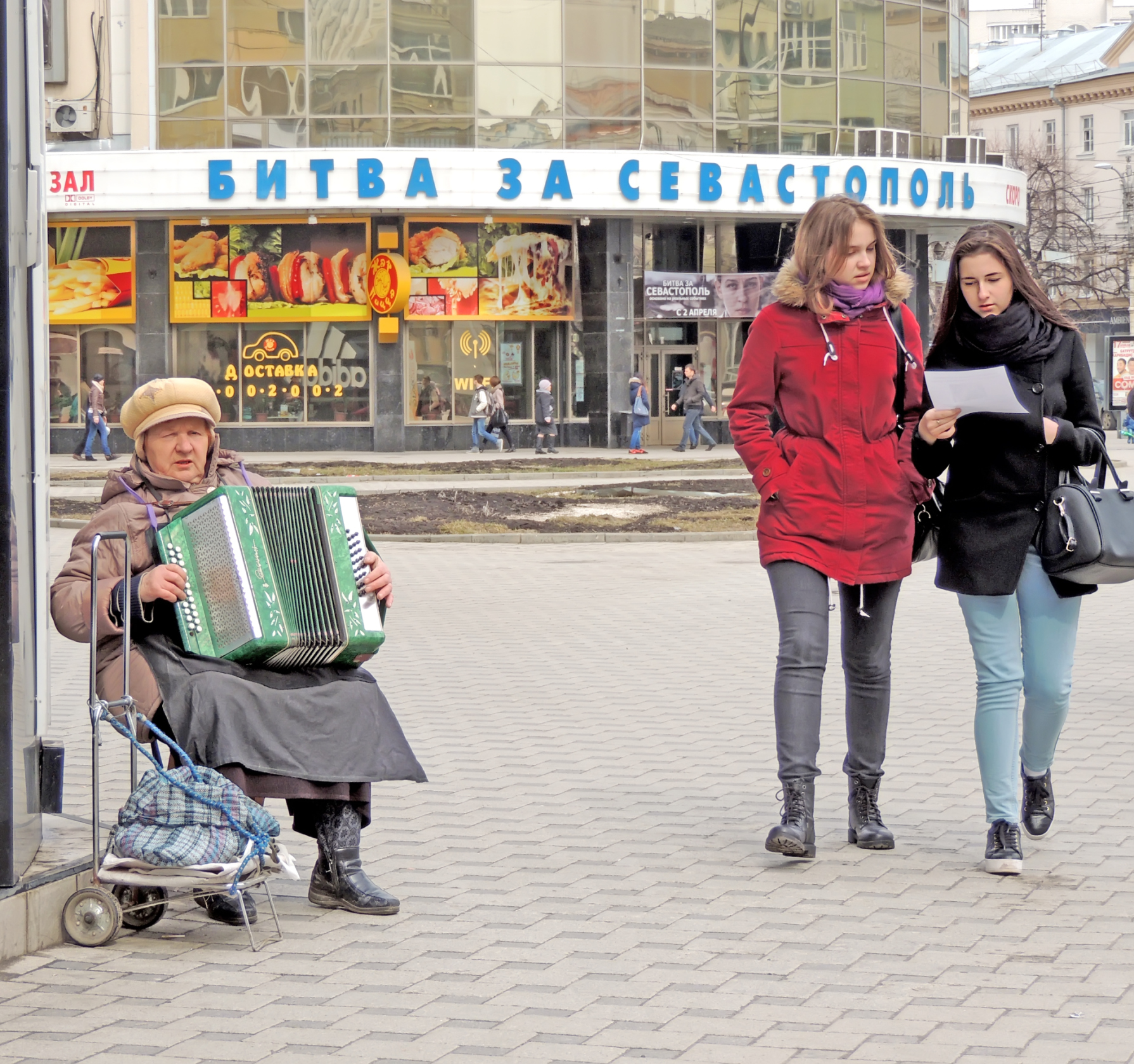
- Industry
The Fight For Russian Screens Is Far From Over
Looks like in the current economic situation the Russian government listened to the strong distributors lobby and does not want to kill their precious golden goose, Hollywood’s high-profile and very profitable movies. Even with the drastic drop of exchange rate of ruble to dollar Deadpool Russia showed had the best box office numbers foreign markets in the pic’s initial rollout: more than 12 million dollars during the first weekend of release (the total to date is over $23 million, still the highest in continental Europe). According to the last MPAA report, Russia is the 8th biggest international territory for US movies and the 3rd biggest in Europe, after the UK, France and Germany.
For some time in Russia there have been attempts to legislate quotas on the percentage of foreign films to be shown in cinemas. Last year the film distributors lobby was successful in killing the legislation in the Russian Parliament (the Duma) but the Russian Ministry of Culture found a reverse solution, limiting the presence of foreign titles on Russian screens by imposing an obligatory quota of 20% of Russian films to be shown in the countries' cinemas. The measure was the result of a "voluntary" agreement with some major film distribution chains.
We have already informed our readers about the persistent attempts by some Russian lawmakers in the State Duma to introduce quotas on the percentage of foreign films allowed on Russian screens, as well as the imposition of the tax on the tickets for foreign films. These measures are supported by the Ministry of Culture, but nixed by the Ministry of Economic Development and Russian President Putin himself, who said: "If they want to watch (foreign films) – let them." A number of prominent figures of Russian cinema has also spoken out against quotas for foreign films, and a fairly strong distributors lobby is opposed to those measures. As a result, no limiting quotas and no tax were introduced through legislation.
However, the Ministry of Culture and its Minister, Vladimir Medinsky, kept trying if not to limit the display of foreign films by administrative measures than at least to assure mandatory exhibition of Russian films.
And that’s how the current reverse-quota came to pass. The Ministry of Culture and the largest network of Russian film distributors including Luxor, Cinema Star, Caro, Mirage Cinema, Paradise, Kinomax, Premiere Hall, Monitor, Kinoformat and Mori Cinema signed an agreement establishing that a minimum of 20% of the annual and monthly screen time will be given to Russian films. It is not too bold to suggest that such "voluntary" desire of major distributors to promote Russian cinema could be associated with general "patriotic" sentiments in the country connected to well-known geopolitical events. As for the figure of 20 percent, there is nothing extraordinary: as recently as in 2014 Russian films have collected 18 percent of the box office.
"This is an attempt of the cartel type agreement to provide 20% of screen time to the Russian cinema in 2016," Medinsky said at the signing ceremony. It is interesting how the idea of quotas evolved: first the Minister said it wasnecessary to allow no more than 60% of foreign films to be shown; then, as the political climate in the country evolved, this number was reduced. In February of 2015 distributors persuaded the minister to abandon coercive measures. Medinsky then spoke in the new spirit: "Cinemas are in a difficult economic situation related to the exchange rate of ruble to dollar. And in this situation, to insist on quotas is a bad idea. Certainly quotas, though indirectly and temporarily, will hit the theaters. "
Some observers believe that the signed contract may have potentially adverse consequences for the Russian film industry. What if suddenly Russian film industry produces more than 20% of exhibition-grade films? Will exhibitors and distributors stick to the letter of the law, ignoring the interests of Russian filmmakers? It is also clear that a certain percentage will depend primarily on how many high-quality, competitive Russian pictures are made – if there aren’t enough such titles, to providing even a minimum of 20 percent share will be quite difficult.
The first deputy chairman of the Union of Cinema Workers of Russia, Oleg Ivanov, believes that "such a dialogue between the state and cinema distribution chains is a very worthy event, because only through negotiation we can create conditions for the distribution of our films." According to Ivanov, even this agreement is not sufficient to insure the progress in the development of Russian cinema because the agreement was signed only by a some, not all Russian film distributors.
According to the most recent figures, in 2015 Russianprocuctions accounted to little bit more than 10 percent of the total box office in the country.
PS: At a very recent meeting in Moscow of the Government's Advisory Board on Russian Cinema Development, in which Minister of Culture Vladimir Medinsky proudly reported to the Prime Minister Dmitry Medvedev about so called "cartel agreement" between his Ministry and the group of distributors, the Prime Minister interrupted him, saying: "Be very careful with what you are talking about. If Artemiev (Igor Artemiev, the chief of Federal Anti-Monopolist Service) hears you he will go after you. He is fighting it even with the possibility of the criminal prosecution". To which Medinsky retorted: "I am not a lawyer, so I can be excused".